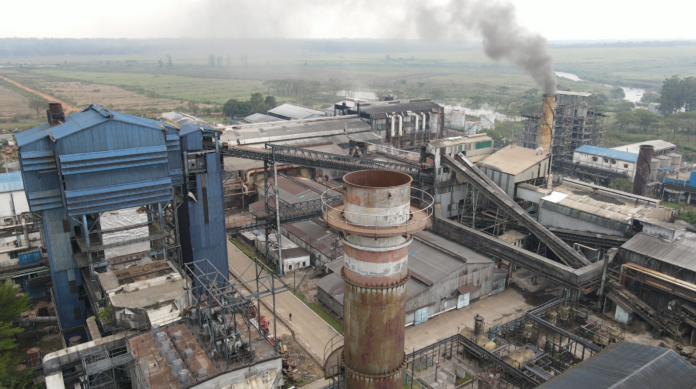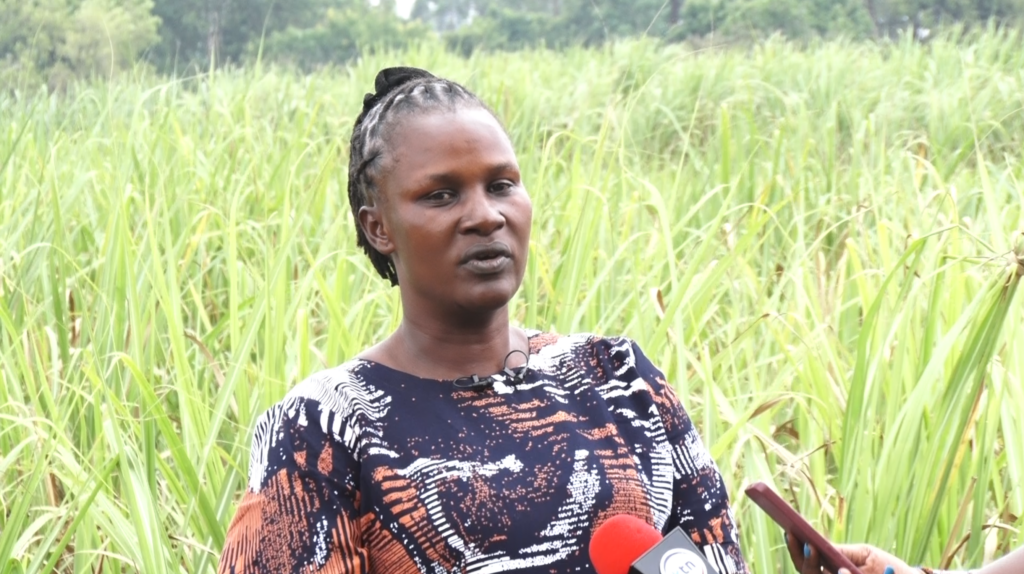
By Violet Auma.
The morning sun spreads its golden light over the sprawling sugarcane fields of Matungu, illuminating the lush greenery.
The golden rays catch the sweat glistening on Redempter Makokha’s brow.
For her, this is more than just a beautiful sight it is a symbol of renewal and hope.
As she walks through her well-tended farm, her gaze sweeps over the towering stalks of cane, a testament to the revival of the industry that once sustained her livelihood.
Redempter, a seasoned farmer, has spent over two decades cultivating sugarcane. Her journey into farming began in 2001, a path carved out of necessity.
Abandoned by her husband and left to raise her children alone, she turned to the land for survival.
“My father gave me half an acre,” she recalls, her voice steady but tinged with the weight of past struggles. “I started with nothing, but my first payment of KES 26,000 gave me a lifeline. I leased more land, expanded my farm, and built a future for my children.”
For years, cane farming sustained her. The proceeds built the very home she lives in today and financed the purchase of two tractors one for tilling land and another for transporting harvested cane to the factory.
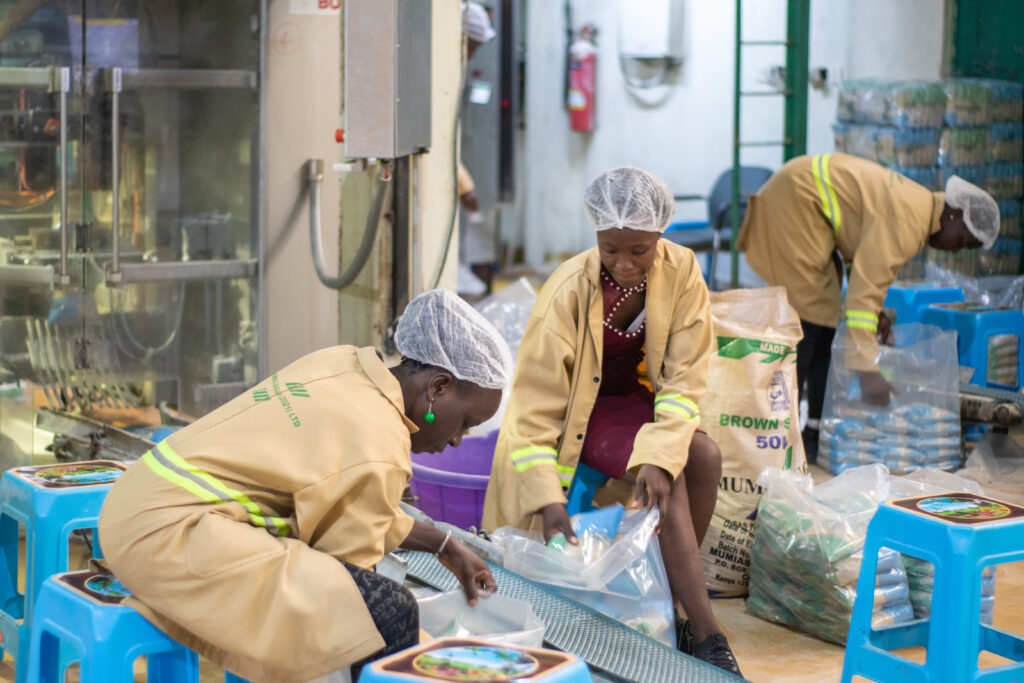
But when Mumias Sugar Company collapsed due to mismanagement and debt, her world crumbled.
With no reliable market for her produce, she watched helplessly as farmers across the region uprooted their cane, disillusioned by years of broken promises.
Determined to keep her dream alive, Redempter sought alternatives, selling to smaller factories. But the returns were meager, barely enough to keep her farm running.
“The payments were unpredictable, and I struggled,” she admits. “There were times I thought about quitting.”
Then came a turning point. In 2021, Mumias Sugar Company reopened under new management, reviving hope in thousands of farmers like her.
Redempter took a leap of faith and returned. It was a gamble, but one that would soon pay off.

Her biggest relief came in January 2024 when President William Ruto officiated a bonus payout to farmers. She received KES 317,000, a sum that allowed her to process her daughter’s travel documents for a job opportunity in the UK.
“This is the first time we are seeing such payments. That bonus changed everything,” she says with a smile. “It’s not just about the money. It’s about the future it has given my family.”
The factory’s revival has breathed life back into the community. Stephen Kihumba, the company’s operations manager, confirmed that Mumias Sugar recorded total sales of KES 3.4 billion in 2024, enabling a KES 150 million bonus payout.
Still, not everyone shares Redempter’s optimism. Some farmers, skeptical after years of disappointment, hesitate to reinvest in cane farming.
Just a few kilometers away in Mumias, Hassan Akula sits on a wooden bench outside his home, deep in thought. The fields where he once grew sugarcane now lie bare, overrun by weeds.

Unlike Redempter, he is not convinced that the revival of Mumias Sugar Company will last.
“I have seen too many empty promises before,” Hassan says, shaking his head. “For years, we delivered cane, but instead of payments, we received debt recovery (DR) deductions. Many of us were left with nothing. I uprooted my cane and turned to other means of survival. Now they are talking about bonuses, but I haven’t met a single person who has been paid.”
His caution is echoed by others who fear history might repeat itself.
Meanwhile, the economic impact of the factory’s revival is evident beyond the farms.
In Shibale Shopping Centre and Mumias town, businesses that had once shuttered their doors are reopening.
The once-deserted streets are slowly coming back to life as traders set up stalls, motorists ferry workers to the factory, and local eateries welcome customers once more.
Lilian Sove, a salonist at Shibale Market, started her business last month but says it has yet to pick up.
“I’ve been sitting here since morning with no clients. It doesn’t even feel like there’s a factory nearby,” she says, her expression blank. “We barely felt the impact of the bonus payout. Back when Mumias was thriving, our family business was booming. Shibale was always bustling money flowed, businesses flourished; it felt like a city within a city. Now, it’s different. The warmth of having a thriving industry around us is gone.”
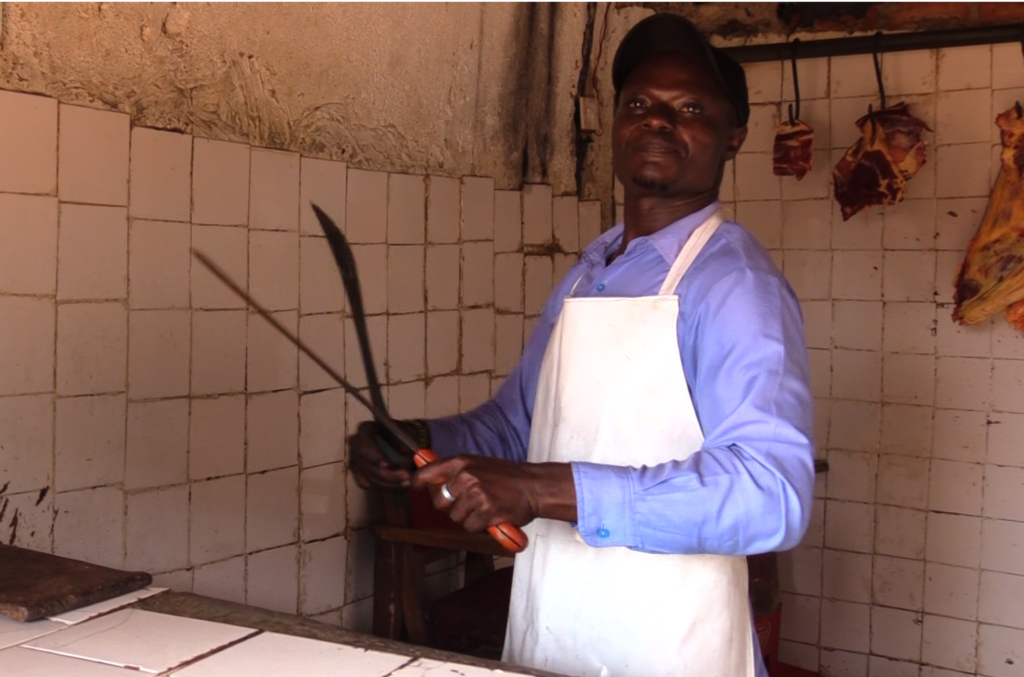
These sentiments are echoed by Ismael Makokha, popularly known as Yusuf wa Nyama, who runs a butchery in Shibale.
“I’ve seen a slight increase in population here, with some people now renting houses, but business is still slow. I currently sell only 5kg of meat a day, mostly to police officers and teachers. Back when Mumias Sugar was thriving, its employees were our main customers. I used to sell an entire cow and still have more demand, but now, business remains low.”
Jobs, long lost to the factory’s downfall, are returning, offering a glimmer of hope to a region that had almost given up, though many believe much more still needs to be done.
Kihumba maintains that Mumias Sugar Company is committed to ensuring timely payments.
“We are not just reviving Mumias Sugar,” Kihumba states. “We are rebuilding trust with our farmers.”
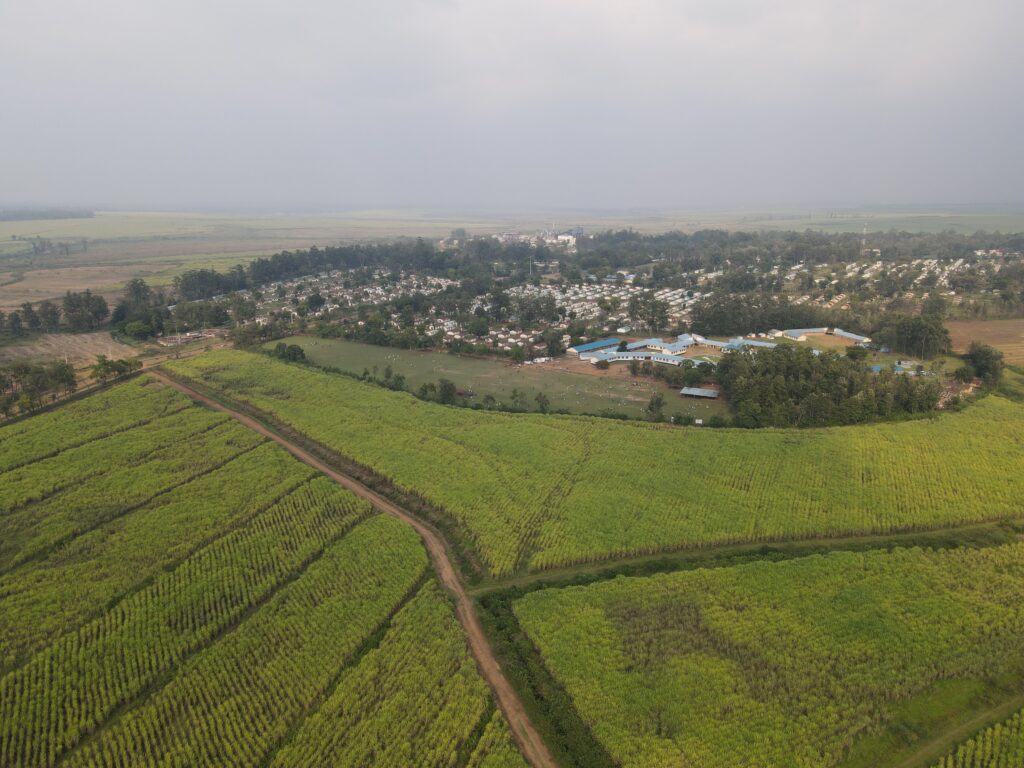
But for farmers like Hassan, words are not enough. “If they want me to return to cane farming, they must guarantee my protection as a farmer. I want real profits, not more wasted time and broken promises.”
Meanwhile, Redempter remains hopeful. She has already reinvested her bonus into expanding her farm.
“Farming has always been my lifeline,” she says as she watches tractors move through the fields, tilling the land she once feared would go barren.
As the sun sets, the contrast between the two farmers becomes clear, one rebuilding her dreams, the other waiting for proof that those dreams won’t be shattered again.


